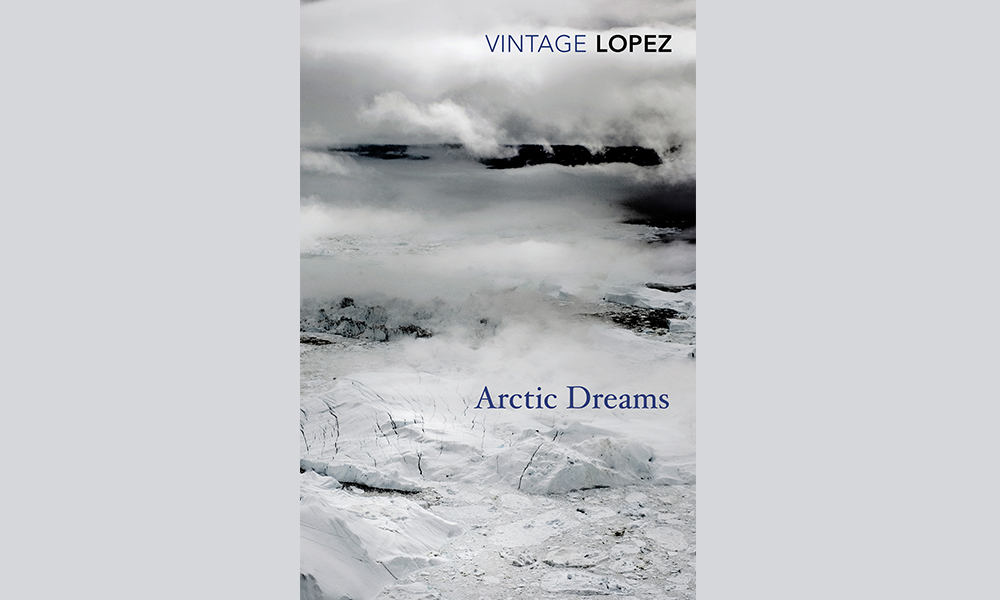Shastri Akella considers the utility and limits of metonymy in Sabina Murray’s "The Human Zoo."
“Inside the Snake is the Safest Place to Be”: Nation, Identity, and the Impossibility of Going Back in Sabina Murray’s The Human Zoo
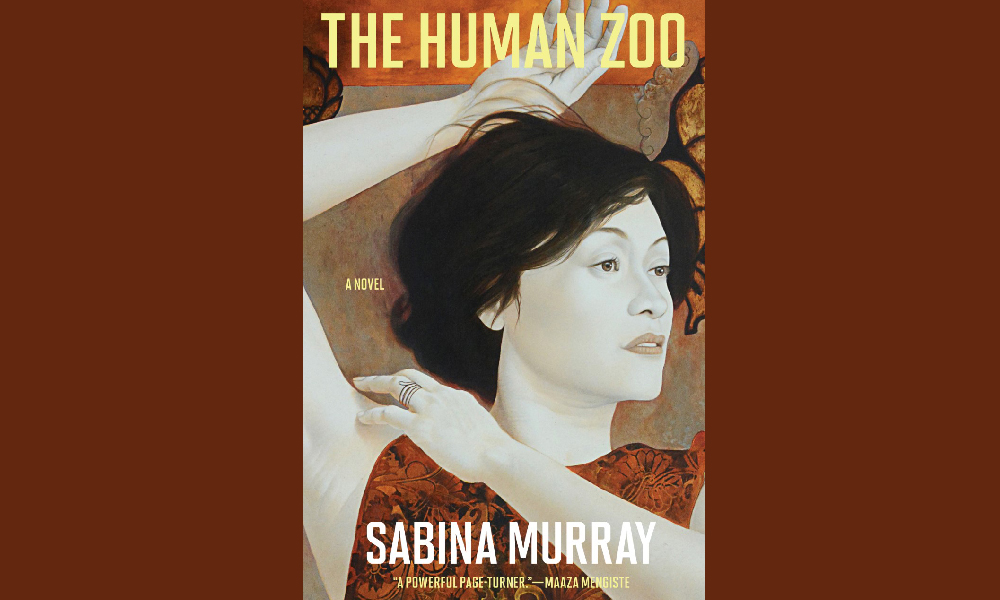
Shastri Akella considers the utility and limits of metonymy in Sabina Murray’s "The Human Zoo."

Greg Gerke follows the literary lineage of Fleur Jaeggy's "Sweet Days of Discipline."
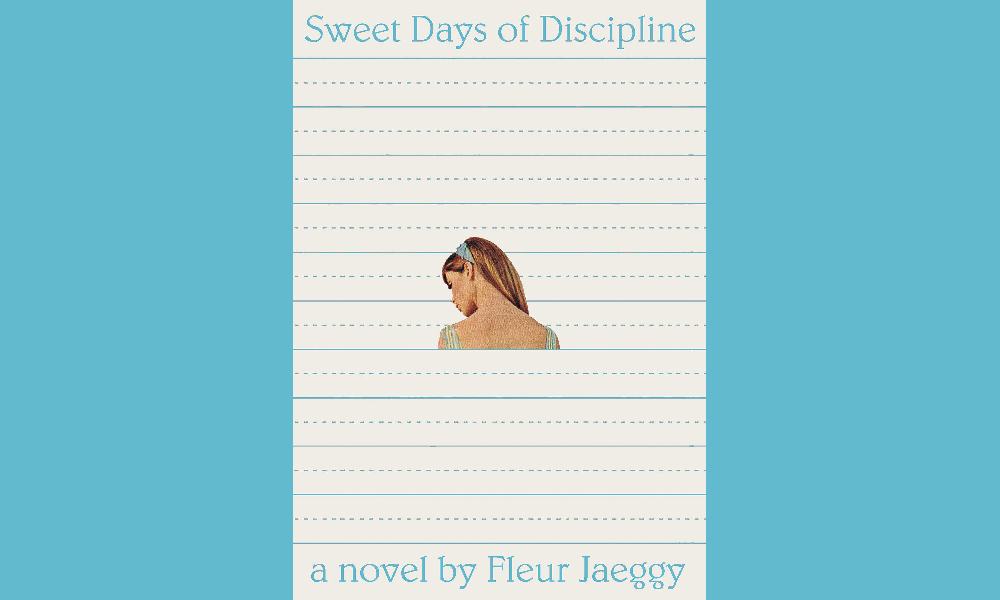
Georgina Colby investigates the many forms, pathways, and evolutions of the English language in Kyoo Lee's edited anthology "Queenzenglish.mp3."
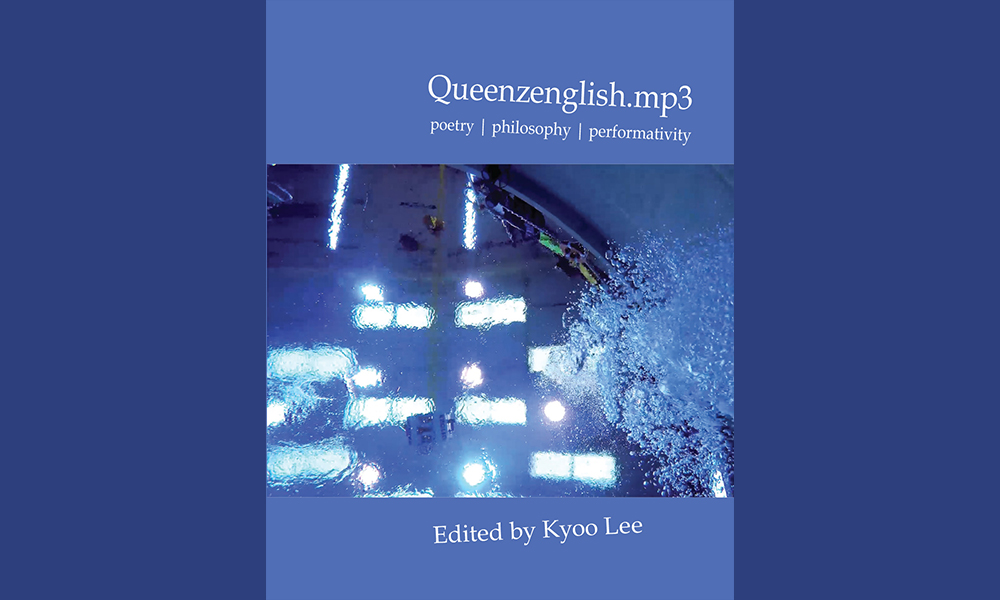
Karim Alrawi looks at trauma and redemption in Rachel Rose’s recent short story collection "The Octopus Has Three Hearts."
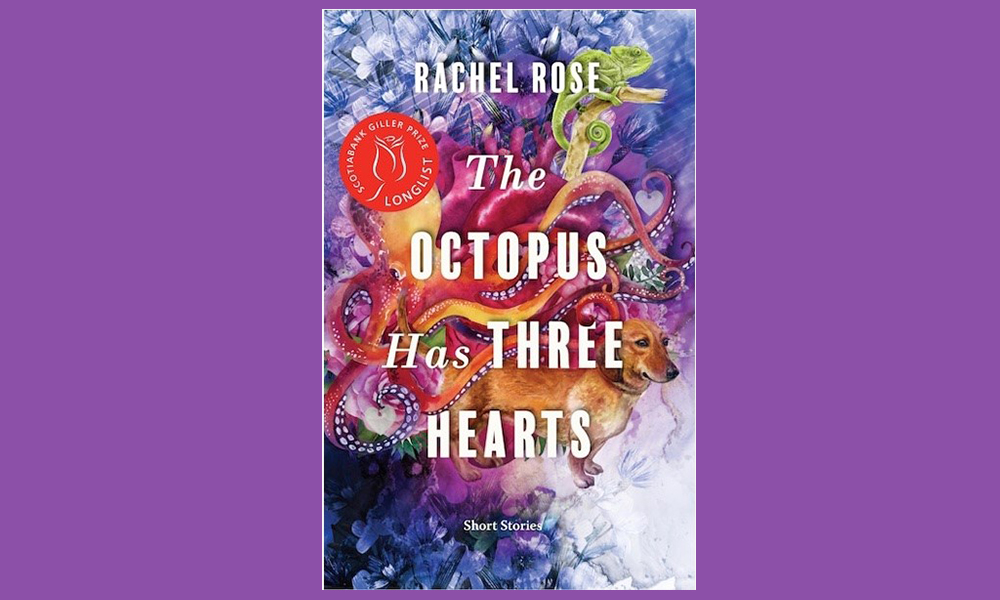
Erin L. Thompson examines the poignant yet playful recollections in Mansoor Adayfi’s memoir "Don’t Forget Us Here: Lost and Found at Guantánamo."
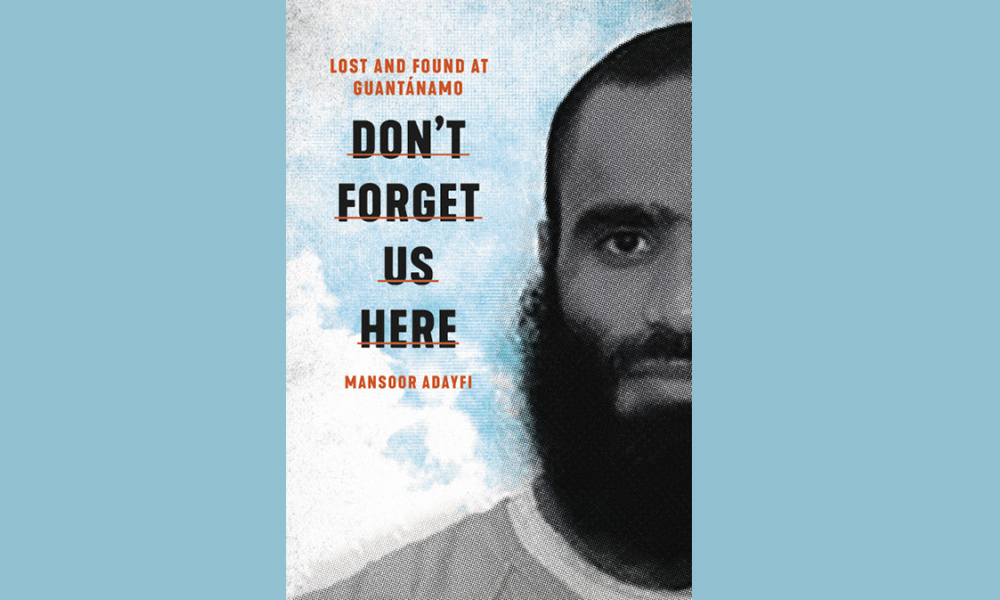
Esmé O'Keeffe synthesizes the themes in Édouard Louis' early works.
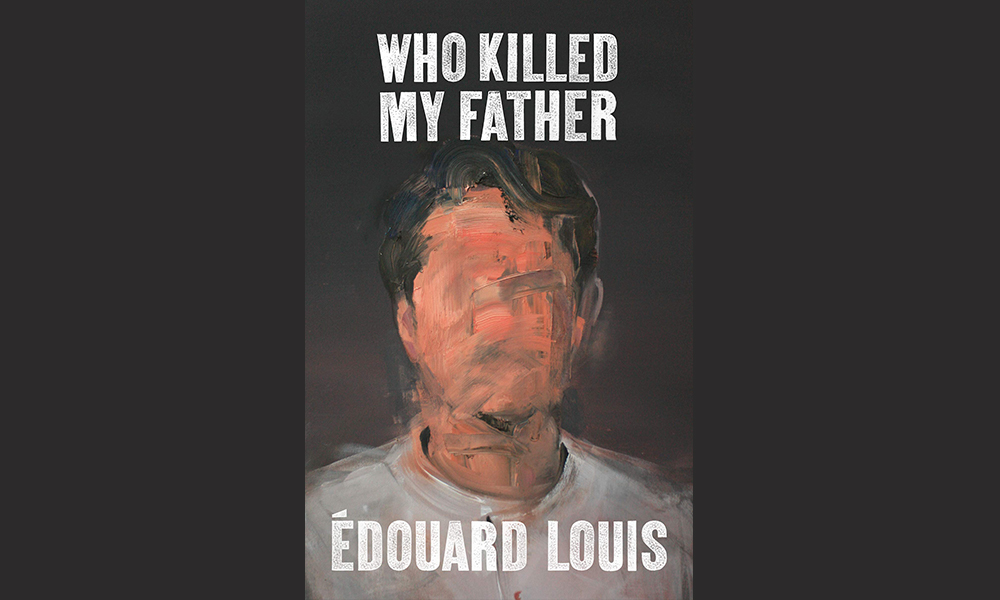
Karla Kelsey inspects the interrelation of ecology and time in Cole Swensen's "Art in Time."

"Throughout the book there is a hesitancy on the part of Brown to make any type of leap of faith, and yet I never stop believing in him."
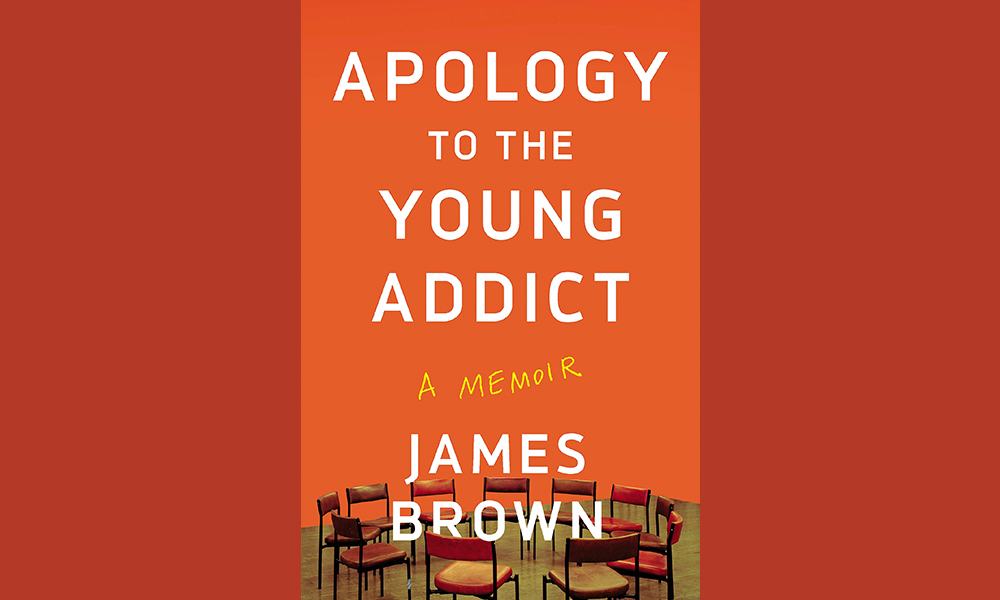
Lynne Feeley investigates Jackie Polzin's interpretation of motherhood and unavoidable loss.
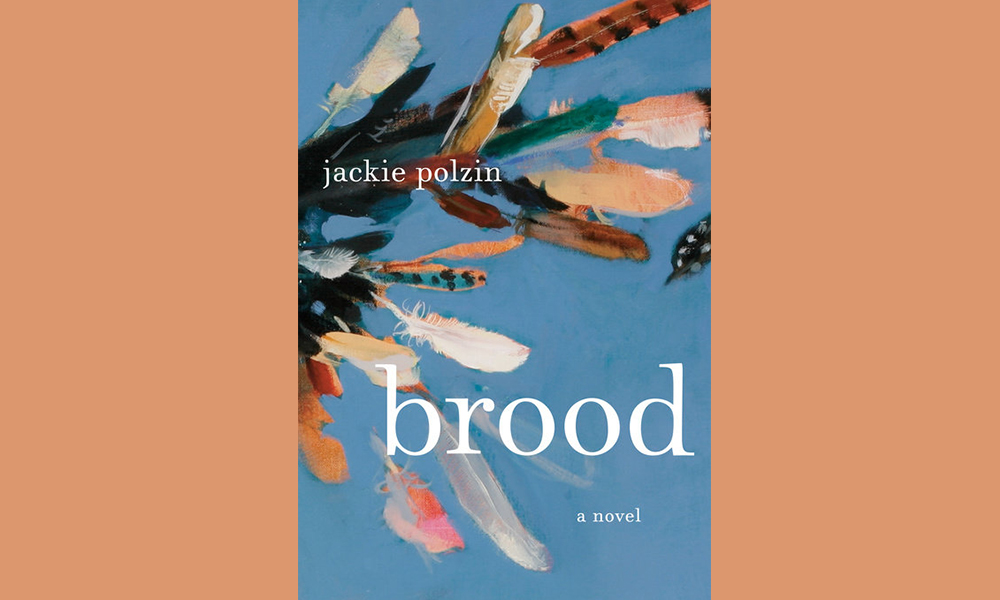
Mary Perera unwinds the strands of nature and ephemeral thought in Barry Lopez’s 1980 essay collection "Arctic Dreams."
